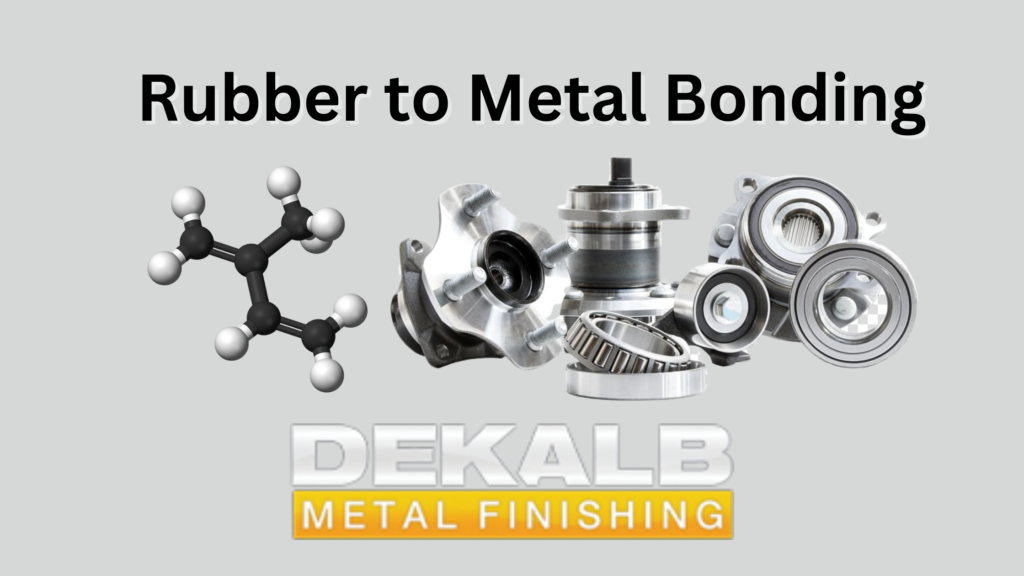Posts Tagged ‘zinc nickel electroplating’
Why is Zinc Nickel Electroplating Used on Parts for Rubber to Metal Bonding?
Zinc-nickel electroplating is commonly used on parts for rubber to metal bonding due to its excellent corrosion resistance and compatibility with rubber adhesion. Here are a few reasons why zinc-nickel electroplating is favored in such applications: Corrosion Resistance: Zinc-nickel alloy coatings offer superior corrosion resistance compared to other plating options like pure zinc or cadmium.…
Read MoreWhat Makes Zinc Nickel Electroplating Different?
Zinc nickel electroplating is a specialized electroplating process that involves depositing a coating of zinc-nickel alloy onto a metal surface. The primary difference between zinc-nickel electroplating and traditional zinc electroplating is the composition of the coating. Here are some key characteristics that differentiate zinc-nickel electroplating: Alloy composition: Zinc-nickel electroplating involves the deposition of an alloy…
Read MorePassivates versus Chromates and the Effect on the Environment – A Finishing and Protection Process Discussion
At DeKalb Metal Finishing we strive to be as environmentally friendly as possible in what we do. Because we work with Zinc Nickel Alloy, Zinc Iron Alloy and Pure Zinc for metal finishing, we talk a lot about finishing specifications and finishing protection. Related to the environmentally friendly side of things, when we talk about…
Read MoreApplication of Nickel Plating
Though not as widely used as some other electroplating processes, such as zinc plating, zinc nickel plating offers an improvement in corrosion protection, can be used for various complicated shapes, and provides amplified brightness when used as a base layer for a surface. Here are some common applications for nickel plating. Zinc-nickel electroplating is the…
Read MoreZinc-Nickel Plating Process and Advantages
Primarily used in the protection of iron and steel, zinc nickel plating- or zinc nickel electroplating- is the process of bonding a zinc-nickel alloy to a substrate metal. During the process of Zinc nickel electroplating, the zinc and nickel chemically bond to the surface through electro deposition. This forms a thin and strong layer of…
Read More


